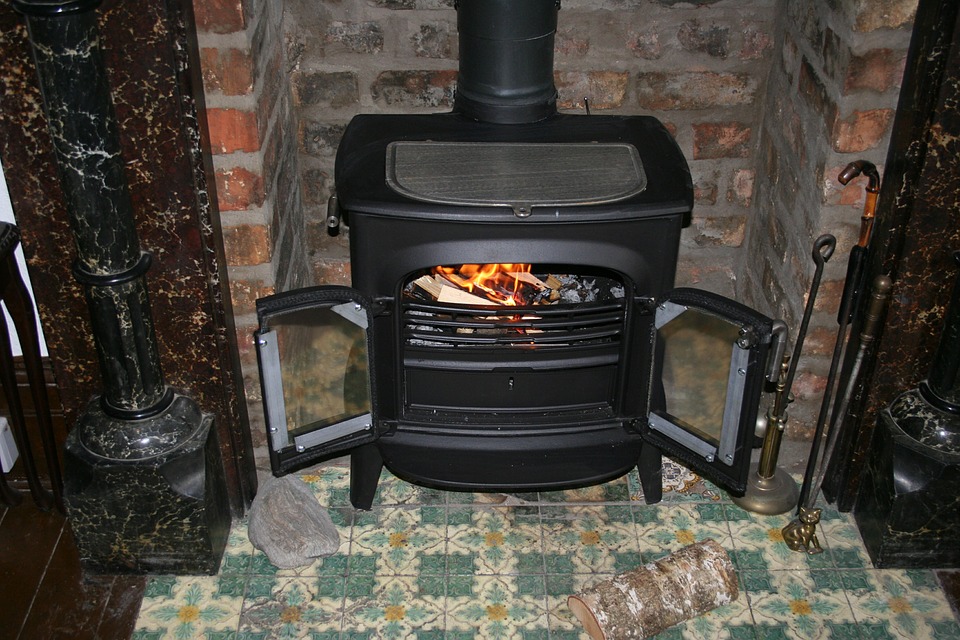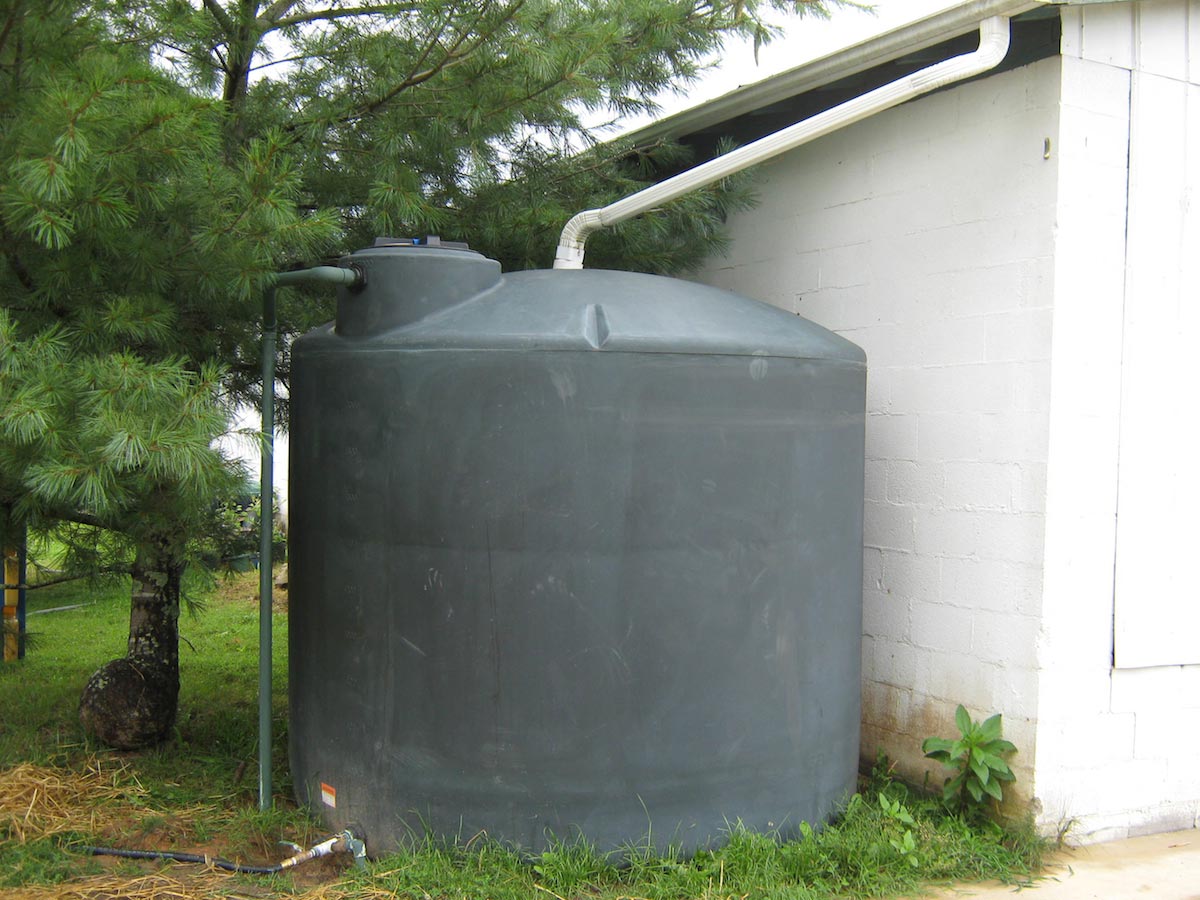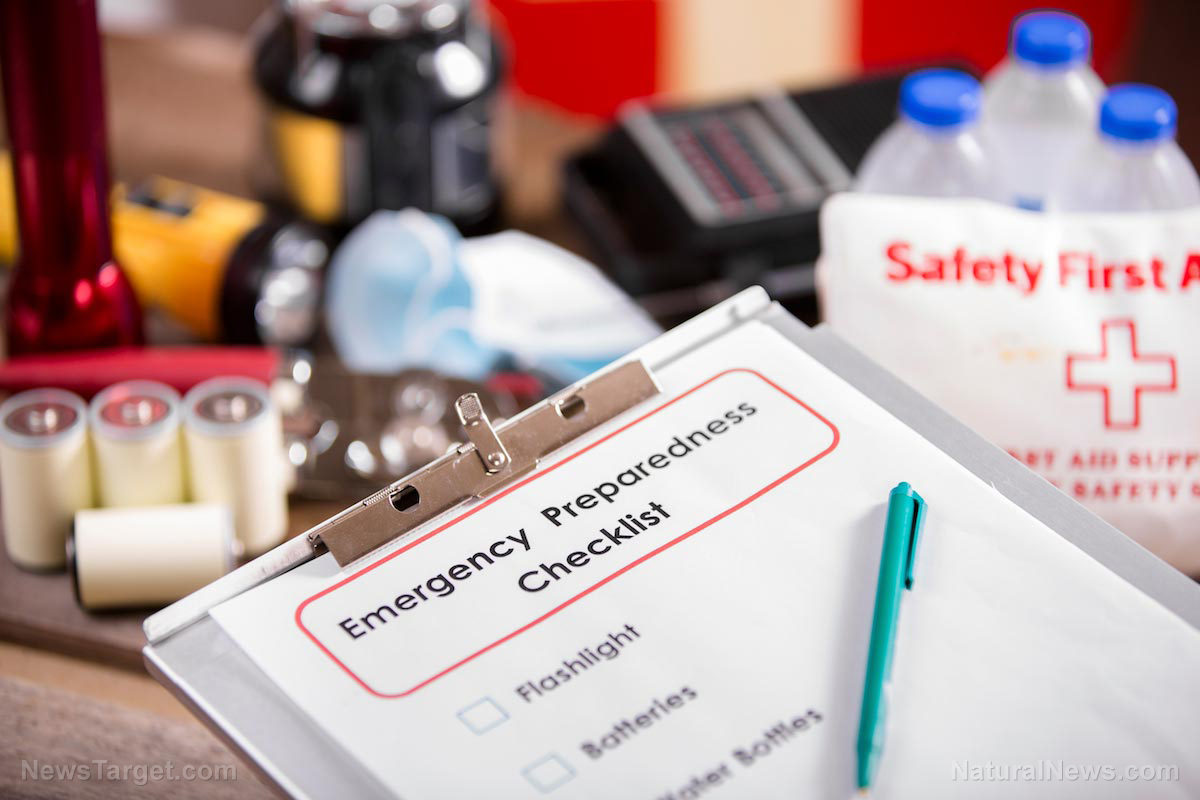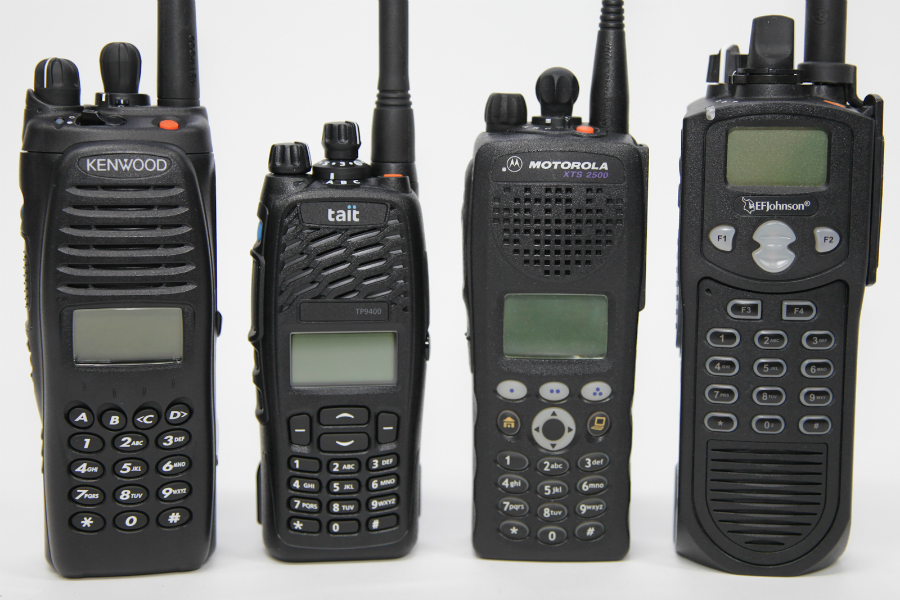Prepper essentials: Tips for buying and using a generator
05/10/2022 / By Zoey Sky

When prepping before SHTF, remember to stock up on food, water and other survival gear, including a backup source of power. Consider getting a generator for your homestead or bug-out location. (h/t to Survivopedia.com)
If the power goes out, your appliances and devices will require power so food doesn’t get spoiled and you can communicate with your friends and loved ones. If you’re worried about a long-term power outage, a generator is a good alternative power source.
Preppers need to know the basics of buying and using them.
Types of generators
There are two basic generator formats: portable and standby.
- Portable generators are easy to move from one location to another.
- Standby generators are permanent power-generating solutions, but they need professional assistance to be installed. Choose where you want to place a standby generator because you won’t be able to move the generator once it’s installed. Standby generators are ideal if you’re sure about bugging in when SHTF.
Generator fuels
You need to stock up on fuel for your generator.
Different generators run on different kinds of fuel, like gas, diesel and natural gas – all of which have their own pros and cons.
Portable generators run on either gas or propane, but some can use both fuel sources.
Gasoline is more expensive than propane, and it can be hard to set up a gasoline cache because you need to check its viability regularly. Storing gasoline can also be tricky since some local ordinances limit how much fuel you can keep. Finally, the shelf-life of gasoline is only about one year.
Propane is a better choice because it has an indefinite shelf-life. However, propane generators have a higher failure rate than gas generators because of their fuel delivery system.
If you are going to use your generator extensively, consider getting a gas generator and get a propane generator as a backup solution.
Wattage requirements
Determining generator wattage is also important if you’re going to rely on a generator if SHTF. With some math, you can figure out what generator works best for you and your household’s needs. (Related: SHTF essentials: 7 Alternate power sources for emergencies.)
Generators are sold by wattage, and the average family buys an entry-level generator after a power outage, which provides between seven to 12 kilowatts (kW). This kind of generator can power a refrigerator, an oven and two or three lighting circuits.
This means if your homestead requires more power, you need something bigger. A licensed professional will typically recommend a 48-kW generator to power the entire household.
Here’s a sample breakdown of how much power the average American home requires for daily use:
- 10,000-BTU air conditioner – 1,500 watts
- Computer – 250 to 400 watts
- Freezer – 500 to 1,200 watts
- Refrigerator – 700 to 1,200 watts
- Television – 300 watts
- Washing machine – 1,200 watts
Calculate your wattage needs based on what is important and not on what you think is nice to have.
Generator hazards and safety tips
Like other tools and devices, generators also come with certain hazards.
Shock and electrocution
The improper use of power and the electricity produced by generators creates the same hazards as utility-supplied electricity. Using a generator will often bypass safety devices built into your electrical system, and ignoring circuity breakers is dangerous.
Keep these things in mind when using a generator:
- Never attach your generator to the electrical system of your home unless you have a transfer switch properly installed by a qualified electrician. Doing so will energize wiring systems over great distances and utility workers and other people in the area may get electrocuted when power generators are installed improperly.
- Plug the appliances directly into the generator and use only the cords or extension cords the manufacturer supplied, which have three prongs.
- Use ground fault circuit interrupters (GFCI) if you use the generator in damp or wet locations. These fast-acting circuit breakers are designed to shut off electrical power when an electrical current is detected outside a normal path. The electrical equipment you are using should be listed and approved for wet and damp conditions.
- Even if you have a GFCI and extension cords with built-in GFCI, don’t use electrical equipment that has been submerged in water.
- All generators must be properly grounded. Always check the instruction manual for proper grounding methods and make sure the connections are tight.
- Never use a generator while raining or in wet conditions. Keep your generator dry and protect it with a canopy if needed, and chose a dry surface where water can’t form puddles under it. Never use or manipulate electrical components if you are standing on water or if you get wet.
Carbon monoxide poisoning
Carbon monoxide (CO) is a silent killer and it claims countless lives annually. CO is a colorless, odorless and toxic gas that builds up if a generator is not properly ventilated.
- Don’t use a generator indoors or in an enclosed space because CO can still build up even if you leave a window or door open.
- You need at least three to four feet of clear space on all sides of the generator, including above it. This helps ensure that the generator is adequately ventilated.
- You need to have an air ventilation system that constantly pulls out the air from the room and replaces it with fresh air.
- Learn about carbon monoxide poisoning. Recognizing its symptoms can help save lives. If you are using a generator and someone experiences symptoms like dizziness, headaches, nausea and tiredness, get them to fresh air immediately and call for medical assistance.
- Don’t enter a room where you suspect CO is building up.
- Let trained and properly equipped personnel determine if the site is safe.
Fire hazards
Generators can also be fire hazards, especially if you use them for bug-out locations, where the likelihood of starting a wildfire is high.
- Generators become hot when running and they can remain hot for a while after you stop using them. Never spill gasoline or kerosene on hot engine parts.
- Keep your generator in a place where it’s protected from falling vegetation.
- After you refuel a generator, shut it down and give it enough time to cool. Never refill a running generator.
- Handle fuel for your generator carefully. Transport the fuel in approved containers designed and tested for their contents. Keep your fuel storage area properly ventilated.
Generators are also noisy, so place them away from living or gathering places. Wear hearing protection when working near a generator. Keep these safety tips in mind before going off grid and getting a generator for your homestead.
Watch the video below to know more about proper generator prep before a storm.
This video is from the Heritage Hills Farm channel on Brighteon.com.
More related stories:
Prepping before SHTF: How to store fuel properly.
Emergency shelter essentials: 7 Things you need for hassle-free off-grid living.
Emergency preparedness: 10 Ways to heat your home after SHTF.
Sources include:
Submit a correction >>
Tagged Under:
disaster, electricity, energy supply, generators, homesteading, off grid, power, power grid, preparedness, prepper, prepping, self sufficiency, SHTF, survival, tips
This article may contain statements that reflect the opinion of the author
RECENT NEWS & ARTICLES
COPYRIGHT © 2017 GEAR.NEWS
All content posted on this site is protected under Free Speech. Gear.news is not responsible for content written by contributing authors. The information on this site is provided for educational and entertainment purposes only. It is not intended as a substitute for professional advice of any kind. Gear.news assumes no responsibility for the use or misuse of this material. All trademarks, registered trademarks and service marks mentioned on this site are the property of their respective owners.




















